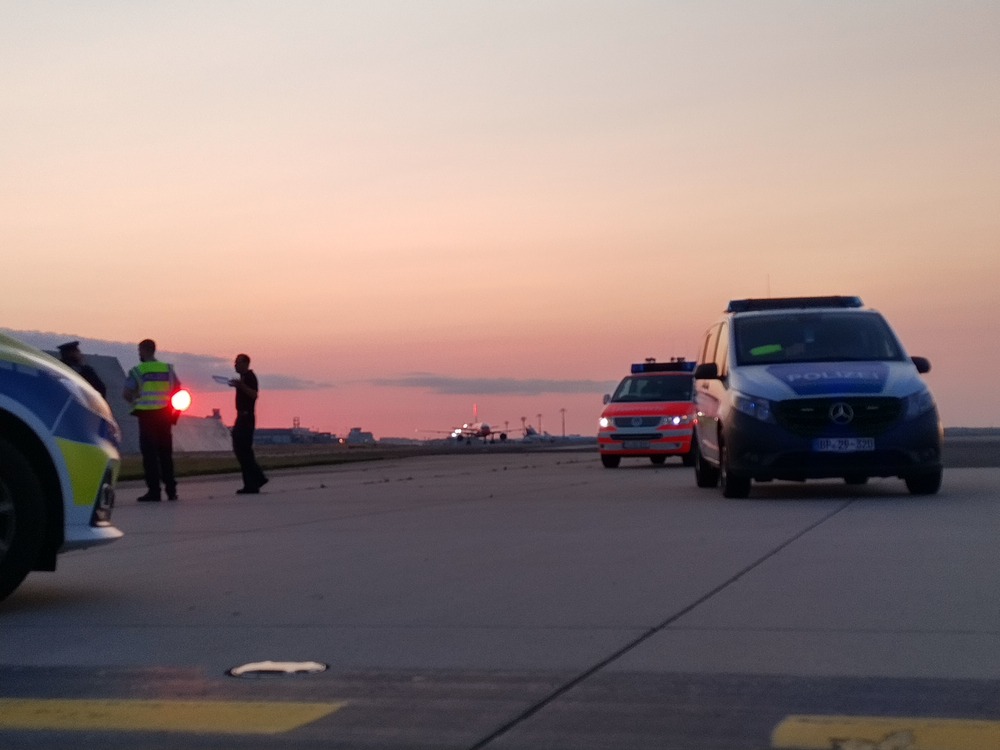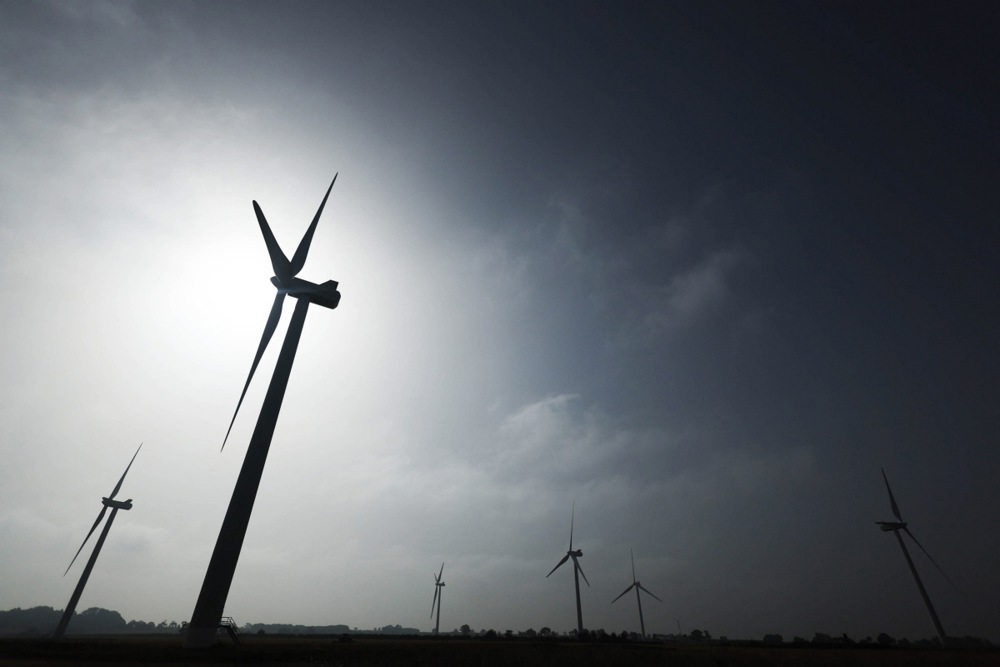A group of NGO’s have said they are bringing a climate-based case against the European Commission at the European Court of Justice (ECJ) designed to have aircraft and ships removed from the European Union’s sustainable finance taxonomy.
With its taxonomy, the EU created a classification system to define criteria for environmentally sustainable economic activities. It serves to guide financial backers toward environmentally friendly investments.
The taxonomy is aligned with the target of net-zero by 2050 and includes broader environmental goals alongside climate protection.
Climate activists, though, have taken issue with the decision made at the end of 2023 to include aviation and shipping in the classification system.
In January 2024, a coalition of international environmental organisations — including Brussels-based Dryade, London-based Opportunity Green, CLAW, Fossielvrij NL and Protect Our Winters Austria— formally requested the EC to review the taxonomy criteria.
They argued those criteria were too lenient and inconsistent with the system’s overarching climate objectives but their request was rejected by the EC in June.
Now the NGOs have challenged the EC in the EU court in Luxembourg. They claim to be backed by 35,000 concerned citizens.
They say the taxonomy is a form of “greenwashing”, or deceptive marketing practice where organisations make misleading or false claims about the environmental benefits of their practices, despite the fight against greenwashing being an explicit goal of the system.
According to the NGOs, the inclusion of ships and planes powered by fossil fuels, based on “weak efficiency criteria”, undermined the fundamental purpose of the classification system.
They said the criteria allow the fuel of giant cruise ships, for example, to be labelled as “green”, despite such vessels allegedly regularly leaking CO2 and methane in the atmosphere.
Regarding aircraft, the NGOs claimed: “The aviation criteria are so lax that, according to an analysis by Transport & Environment, an NGO campaigning for cleaner transport, 100 per cent of the order books for [airlines] Ryanair, easyJet and Wizz Air, along with 90 per cent of Airbus’ upcoming deliveries, could be labelled as ‘green’.”
They further noted that the expected life span of aeroplanes and ships is between 20 and 50 years, meaning some will still be in use by 2075 despite, they claimed, not being climate-friendly in reality.
“This makes it impossible to create a credible 1.5°C pathway to get these sectors climate-neutral,” they said.
Hiske Arts of the Dutch NGO Fossielvrij NL said: “While judges and policymakers are finally taking action against the brazen greenwashing of the aviation and cruise industries, the EU is elevating greenwashing to an entirely new level.
“By labelling extremely polluting aeroplanes and cruise ships as ‘green’ and thus encouraging investments in a ‘Very Hungry Caterpillar’ industry, the EU is shackling us to a climate catastrophe. We must put a stop to this.”
David Kay, Legal Director at Opportunity Green, noted: “The Taxonomy will mobilise billions of euros in private financing. However, the criteria for aviation and shipping are sending an entirely wrong signal to investors—directing investments towards aeroplanes and ships that will continue to pollute the climate for decades to come.
“How can investors trust that their investments are genuinely green? The European Commission must be held to account.”
Austria’s CLAW climate and environmental lawyer Florian Graber said: “If aviation and shipping are misclassified as green, we could be setting a dangerous precedent that fuels the very future we’re striving to prevent.”
Rather than investing in aeroplanes, the NGOs would rather see governments and investors choose “sustainable alternatives, like high-speed trains”, they said.
It is not the first legal challenge targeting the EC’s climate targets. In February of this year, Climate Action Network (CAN) Europe and the Global Legal Action Network (GLAN) filed a separate lawsuit, demanding more ambitious targets.
In April, European Court of Human Rights condemned Switzerland for climate inaction in the first ruling of its kind.
Brussels Signal approached the EC for comment but, at the time of writing, none had been received.





